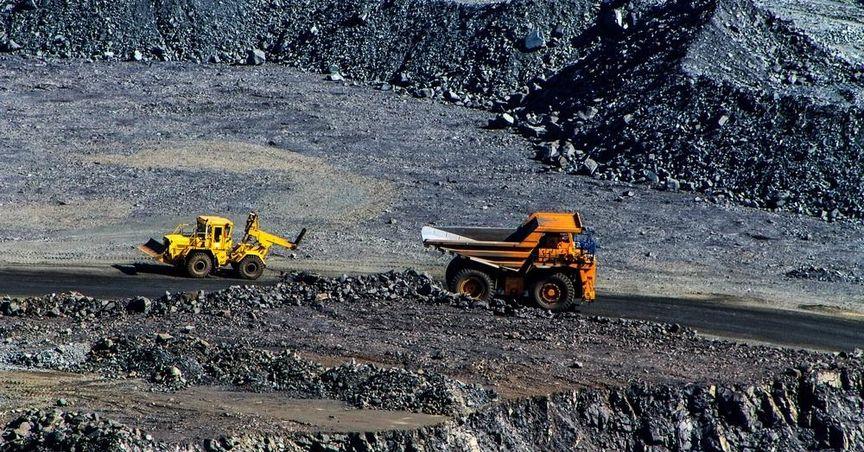Highlights:
Metal Powder Works and Westinghouse Electric enter agreement to explore additive manufacturing for nuclear energy applications
DirectPowder technology from MPW enables energy-efficient metal powder production for critical industrial sectors
MPW (ASX:MPW) builds presence following ASX debut through collaboration across aerospace, defence, and nuclear industries
Metal Powder Works, listed under (ASX:MPW) and operating in the industrial materials sector, has entered into a formal agreement with Westinghouse Electric to explore the application of its advanced metal powders in nuclear energy operations. This collaboration aligns with the growing relevance of additive manufacturing technologies in industries requiring high-precision components. The development occurs in the context of increasing global focus on sustainable energy solutions and the emergence of new reactor systems. Metal Powder Works is listed on the Australian Securities Exchange, which also hosts the broader asx 200 index.
Strategic Agreement for Nuclear Applications
The contract enables Westinghouse Electric to assess the use of Metal Powder Works’ advanced metal powders in its nuclear facilities. This step marks a notable development in integrating additive manufacturing into energy infrastructure requiring high-performance materials. The nuclear sector applies strict quality standards in component sourcing, creating a pathway for innovation within the additive manufacturing field.
Metal Powder Works managing director stated that this agreement serves as a meaningful validation of the company's proprietary production process. The evaluation by Westinghouse supports the ongoing deployment of Metal Powder Works' capabilities across complex industrial sectors, including nuclear, aerospace, and defence.
DirectPowder Technology and Manufacturing Process
Metal Powder Works has introduced a proprietary production system known as DirectPowder. The technology enables the transformation of premium metal bar stock into high-quality powder without employing heat-based methods. This non-thermal process contrasts with traditional atomisation techniques and offers substantial improvements in material efficiency and production yields.
The absence of high-temperature steps in the production cycle provides a more energy-conscious approach. The technology has demonstrated applicability across various additive manufacturing workflows and has already been adopted by industrial and government partners, including the US Department of Defence and suppliers such as Powders on Demand, 6K Additive, and Toho Titanium.
ASX Listing and Industrial Focus
Established in recent years, Metal Powder Works began trading on the ASX under ticker MPW through a reverse merger with the South Australian welding company K-TIG. The listing introduced the company to public markets focused on materials, manufacturing, and industrial technologies. The ASX listing is seen by company leadership as a strategic decision due to the platform’s alignment with metal and materials-oriented businesses.
Metal Powder Works aims to strengthen its engagement with energy and manufacturing sectors by expanding the commercial applications of its metal powders. With the global emphasis on energy-efficient and low-emission industrial practices, additive manufacturing is gaining traction among organisations seeking scalable solutions for complex system components.
Broader Industry Implications
The integration of advanced manufacturing processes into nuclear energy infrastructure reflects a broader industrial trend. Additive manufacturing offers advantages in precision, material optimisation, and production scalability. By partnering with established players in the nuclear field, Metal Powder Works is advancing its reach across regulated industries where technical specifications and reliability are central to operational performance.
The collaboration with Westinghouse further enhances Metal Powder Works’ industrial footprint, building on previous activities with aerospace and defence partners. As the demand for high-performance components grows across strategic industries, the role of specialised powder production is gaining attention from both private and public sector entities.



